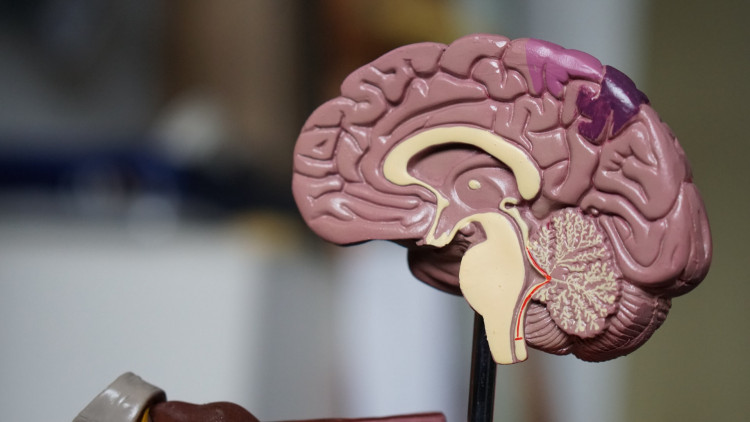Diabetes has an impact on every aspect of your body, including your ability to heal wounds and your energy levels. Unfortunately, because of the illness, the brain is also under attack.
However, researchers discovered that people with type 2 diabetes who can control their blood sugar levels had greater brain function than those who can't.
Diabetes is a lifestyle disease that can influence your life in a variety of ways, but it can be readily treated with careful blood sugar control. According to Owen Carmichael, Ph.D., Professor and Director, Biomedical Imaging at Pennington Biomedical Research Center, better blood sugar control is important to avoid the negative consequences of diabetes on the brain.
"Don't think you can simply let yourself get all the way to the obese range, lose some of the weight, and everything in the brain is fine," Carmichael said. "The brain might have already turned a corner that it can't turn back from."
The analysis looked at over 1,100 people. Each year, one group of participants was invited to three sessions concentrating on diet, physical exercise, and social support. The second group modified their diet and physical activity as part of a routine designed to help individuals lose more than 7% of their body weight in a year and maintain the weight loss.
Participants were given cognitive tests-tests for reasoning, listening, and remembering-between the ages of 8 and 13 years since the study began. The research team hypothesized that people who increased their blood sugar levels, exercised more, and lost weight would do better on cognitive tests.
This statement proved to be partially correct. Lowering blood sugar levels has resulted in higher test results. However, decreasing weight and doing more did not necessarily improve cognitive test scores.
Every small improvement in cognition was linked to a shift in blood sugar management. The shift in blood sugar levels from diabetic to prediabetic has aided in lowering the degree of prediabetes to a safe level.
People who dropped more weight improved their ability to perform activities such as short-term memory, planning, impulse control, attention, and the ability to switch tasks. They did, however, show a decline in auditory learning and general recall.
The impacts were worse among people who were obese at the start of the study. That's a 'too soon, too late' kind of post. People with diabetes who allow their obesity to get too far will be cognitively impaired for an indefinite period of time.
In conclusion, the researcher points out that, in comparison to those who were obese, increased physical activity gave more benefits to those who were overweight. Diabetes management could also pave the path for the development of functional processes.






